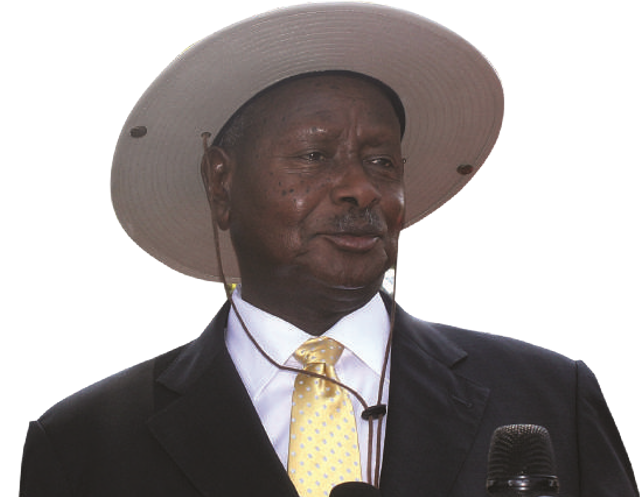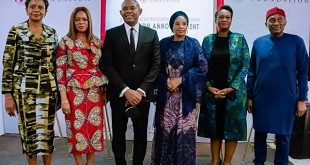
COMMENT: By Duop Chak Wuol
How Museveni diplomatically outsmarted the U.S’s Obama on his role in war-torn nation
President Yoweri Kaguta Museveni of Uganda is the epitome of a Pan-Africanist. He is known for threatening Western leaders whenever his strong-man mentality comes under attack. He has outsmarted the USA in South Sudan’s civil war in favour of President Salva Kiir by leading the international community and the U.S. government in particular, to believe that only an African solution can resolve South Sudan’s armed conflict. It is a shameful mistake, but a big win for Museveni.
The current fighting erupted in mid-December 2013, when President Kiir announced on government-run SSTV that his then-Vice President, Riek Machar, had attempted to overthrow his government. Machar denies the allegation and the U.S. and other countries later determined there was no coup as Kiir claimed. Indeed some believe Kiir planned and self-managed the coup claim in an attempt to get rid of his political rivals.
But on December 30, 2013, Museveni unsurprisingly presented rebel leader Machar with two options: accept peace or defeat. On that day, the Ugandan leader assertively claimed that the East African region was ready to confront Machar militarily if he refused to accept peace. Museveni, who already had troops in South Sudan before war broke out, convinced the U.S. that he was sending more Ugandan soldiers to protect South Sudan’s vital infrastructure. However, when Machar questioned his decision, Museveni changed his initial position and said he was sending troops to rescue Ugandans trapped in South Sudan. Museveni allegedly asked the U.S. government to fund his mission. However, Washington scrapped Museveni’s financial request because his military mission in South Sudan was deemed questionable.
It is also worth mentioning that Museveni’s unwavering involvement in South Sudan’s internal affairs was motivated by economic opportunities in South Sudan.
In one of his 2012 letters I obtained, Kiir talked about how his plan to purge his “visionless adversaries” will succeed. In the message, the South Sudanese leader repeatedly praised the Ugandan leader for giving him what he described as “the most life-changing piece of advice” no one had ever given him. Kiir went farther, describing Museveni as “the only African stateman who truly understands how Western countries operate.”
If the U.S is not hiding something, then it is reasonable to say that it was was and is still confused regarding what to do about South Sudan’s crisis. For instance, weeks after the war broke out, the U.S. settled on adopting threatening language in its policy without taking any real action. What is even more surprising is that Washington embraced the Kampala argument.
Months later, U.S. officials followed Museveni’s footsteps, with its former ambassador to the United Nations Susan Rice asserting that imposition of arms embargo on South Sudan would undermine a democratically elected government. She added that Kiir’s government would not be able to defend itself against Machar’s forces. Rice also claimed that banning weapons and ammunition sales to the South Sudanese government would not solve anything because she believed Kiir’s ally, Museveni, would not enforce it.
 The Independent Uganda: You get the Truth we Pay the Price
The Independent Uganda: You get the Truth we Pay the Price



In order for the writer to be seen as an objective observer of SS political affairs and not a Machar PR surrogate or one wishing to benefit from a weakened Salva Kiir, can the Editor get him to write a follow-up piece to expound on some hypotheses?
1) How does Kampala pulling out of Juba make all South Sudanese get filled with brotherly love? Let’s remember that South Sudanese have been fractious for decades and all this didn’t start in 2014. Machar has fallen out with every single major political organisation that he allied with – every single one. Museveni was not a factor in those fallouts – Machar, however, is the constant factor. So where is the guarantee that Kampala, which is a late-comer in South Sudan’s fractious sociopolitical setting, pulling out of Juba will automatically lead to national unity?
2) What makes Kiir’s presidency illegitimate? Wasn’t he democratically elected? What make Machar’s claim to power seem more legitimate than Kiir’s?